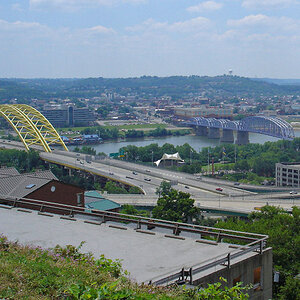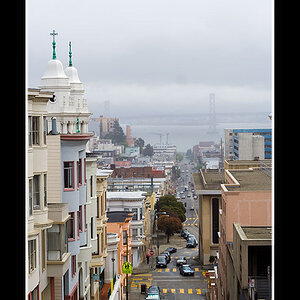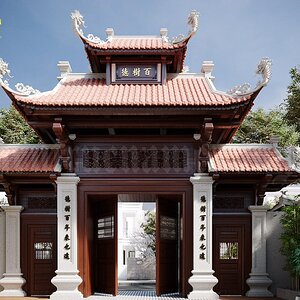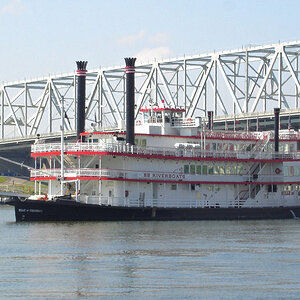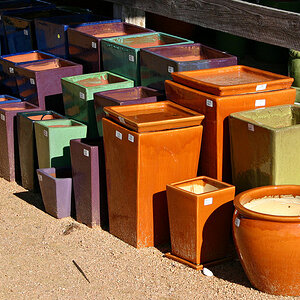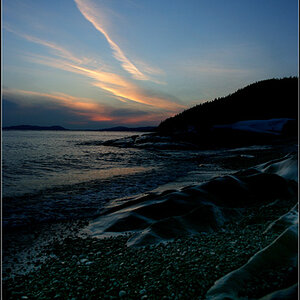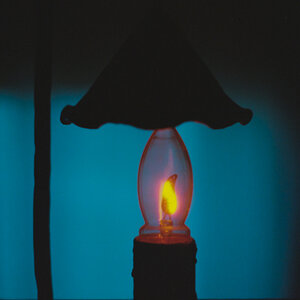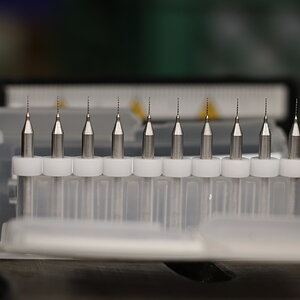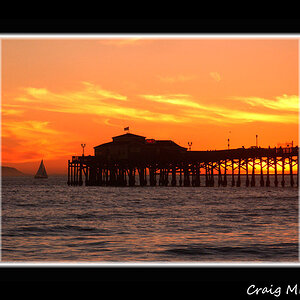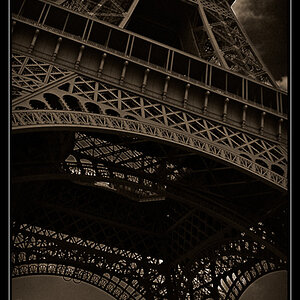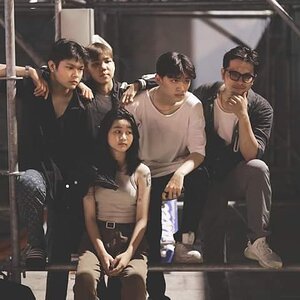3rr0r
TPF Noob!
- Joined
- May 13, 2013
- Messages
- 10
- Reaction score
- 0
- Location
- Germany
- Can others edit my Photos
- Photos NOT OK to edit
Hi there,
I need recommendations for camera.
I'm a beginner and I want to do the following things with the camera
- I want to shoot landscapes
- the pics should have high resolution
- the camera should have bright colours
- lightweight wouldn't be bad too
- Budget: Let's say it's limitless, because I want a high quality camera that's practical; I don't need a fancy camera with a brand that's "in" or that's cool. I just need one that's doing it's job like it should be.
- I want to be able to play with exposure and capture light such as these two pics:

(I shot this)
http://farm9.staticflickr.com/8463/8354127746_1025c1491e_z.jpg
What do you think about the Sony NEX-5R (a mirrorless camera)
http://www.imaging-resource.com/PRODS/sony-nex-5r/Z-sony-nex5r-beauty.jpg[/IMG]
Sony NEX-5R review: can the best mirrorless camera get even better? | The Verge
Or what about this one: Olympus E-520
http://tellado.es/wp-content/uploads/2009/06/olympus-e-520.jpg
Olympus E-520 Review: Digital Photography Review
Thanks in advance
I need recommendations for camera.
I'm a beginner and I want to do the following things with the camera
- I want to shoot landscapes
- the pics should have high resolution
- the camera should have bright colours
- lightweight wouldn't be bad too
- Budget: Let's say it's limitless, because I want a high quality camera that's practical; I don't need a fancy camera with a brand that's "in" or that's cool. I just need one that's doing it's job like it should be.
- I want to be able to play with exposure and capture light such as these two pics:

(I shot this)
http://farm9.staticflickr.com/8463/8354127746_1025c1491e_z.jpg
What do you think about the Sony NEX-5R (a mirrorless camera)
http://www.imaging-resource.com/PRODS/sony-nex-5r/Z-sony-nex5r-beauty.jpg[/IMG]
Sony NEX-5R review: can the best mirrorless camera get even better? | The Verge
Or what about this one: Olympus E-520
http://tellado.es/wp-content/uploads/2009/06/olympus-e-520.jpg
Olympus E-520 Review: Digital Photography Review
Thanks in advance
Last edited:


